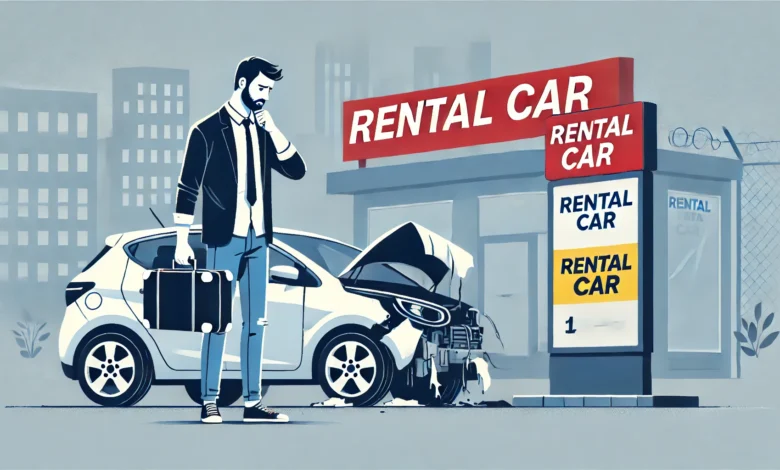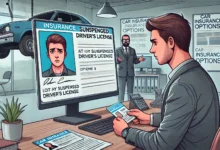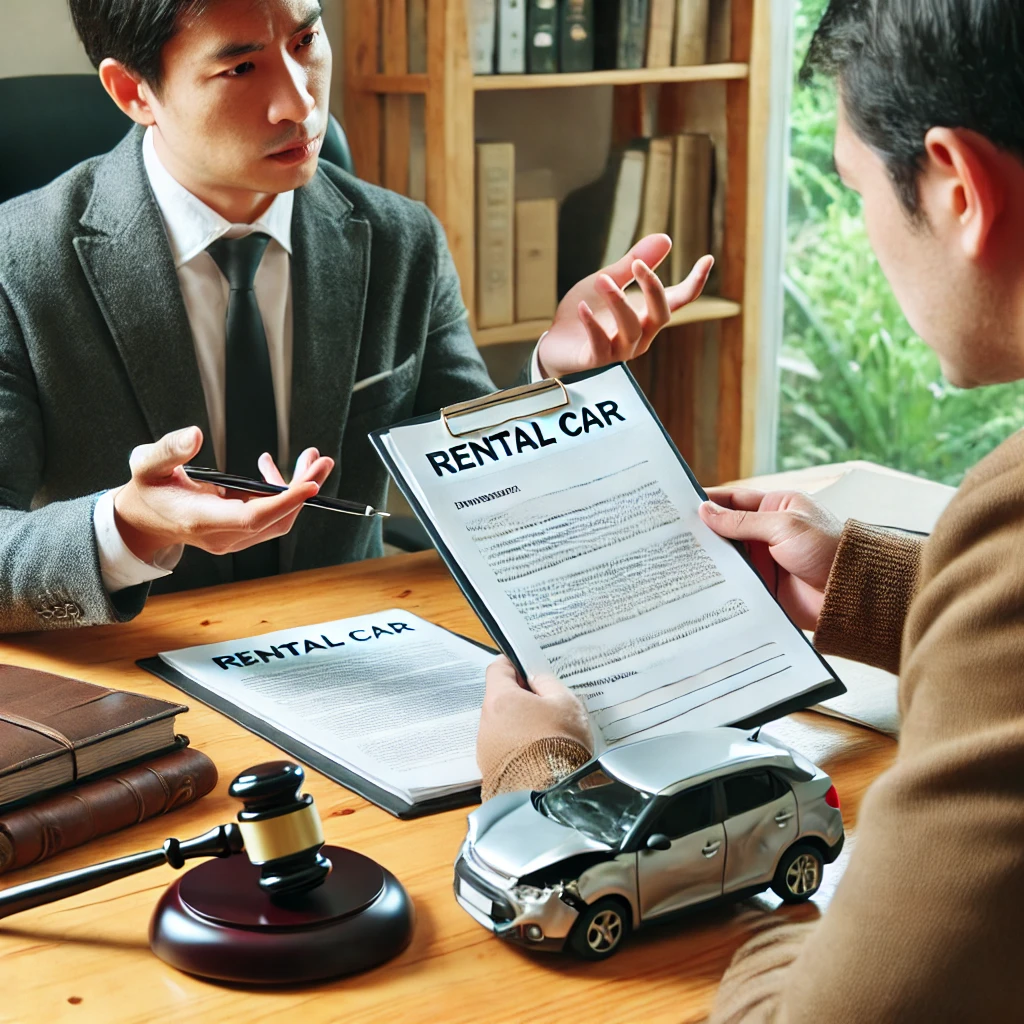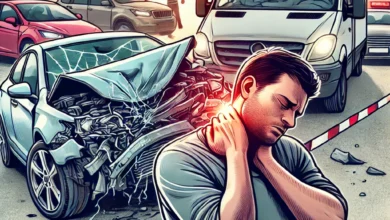What happens if you damage a rental car without insurance?
Let's find out what happens if you wreck a rental car without insurance

What happens if you damage a rental car without insurance? So, you’ve rented a car for your vacation, business trip, or just for the sheer convenience of it. But imagine this: you’re driving along, minding your own business, and suddenly, something goes wrong. Maybe it’s a small fender bender, or perhaps something more serious. Either way, the car is damaged. And then it hits you – you didn’t take out rental car insurance. What happens next? Let’s break it down step by step.
The Immediate Aftermath
1. Assessing the Damage
First things first, take a deep breath. Assess the extent of the damage to the rental car. This could range from minor scratches to major dents or worse. Your immediate priority should be safety – ensure no one is injured and that you’re in a safe place away from traffic.
2. Contacting the Rental Company
As soon as it’s safe, contact the rental car company. They need to know about the damage right away. Be prepared to provide them with all the details of the incident, including how it happened, the extent of the damage, and any other relevant information.
Financial Implications
3. Understanding Your Financial Responsibility
Without rental car insurance, you’re responsible for all repair costs. This can be a significant financial burden. The rental company will assess the damage and provide an estimate for the repair costs, which you’ll be expected to pay. This could range from a few hundred dollars for minor damages to several thousand dollars for more severe damage.
4. Administrative Fees and Loss of Use
In addition to repair costs, you might also be liable for admin
Legal and Contractual Consequences
5. Breach of Rental Agreement
Damaging a rental car without insurance could be seen as a breach of the rental agreement. Most rental agreements include clauses that specify your responsibilities in the event of damage. Failing to adhere to these terms can have additional consequences, potentially including legal action if you refuse to cover the costs.
6. Potential Legal Action
If you’re unable or unwilling to pay for the damages, the rental company might take legal action to recover their costs. This can lead to court proceedings and additional legal fees, further increasing your financial burden.
Alternative Solutions
7. Checking Your Existing Insurance Policies
Before you panic, check your existing insurance policies. Sometimes, your personal auto insurance or credit card coverage might extend to rental cars. If this is the case, you could be partially or fully covered for the damages, even if you didn’t take out the rental company’s insurance.
8. Negotiating with the Rental Company
It’s also worth negotiating with the rental company. In some cases, they might be willing to reduce the fees or set up a payment plan. Being upfront and cooperative can sometimes lead to a more favorable outcome.
Preventative Measures
9. Always Opt for Insurance
To avoid this stressful situation in the future, always consider purchasing rental car insurance. While it might seem like an unnecessary expense, it can save you from significant financial and legal troubles in case of an accident.
10. Review Your Coverage Options
Lastly, before renting a car, review all your coverage options. Understand what your personal auto
Conclusion
Damaging a rental car without insurance can be a costly and stressful experience. However, understanding the steps to take and knowing your options can help you manage the situation more effectively. Always remember, prevention is better than cure – opting for insurance might cost a bit more upfront but can save you a lot of headaches and money in the long run.















